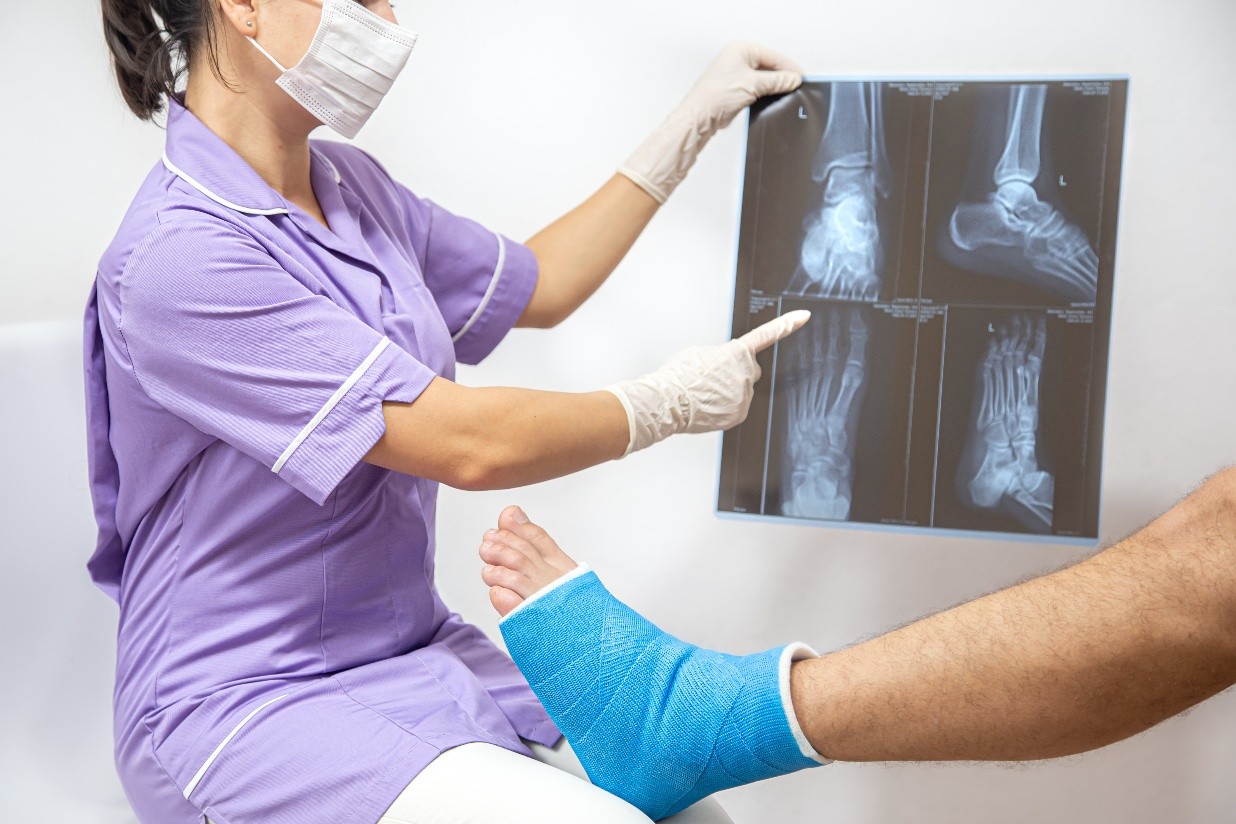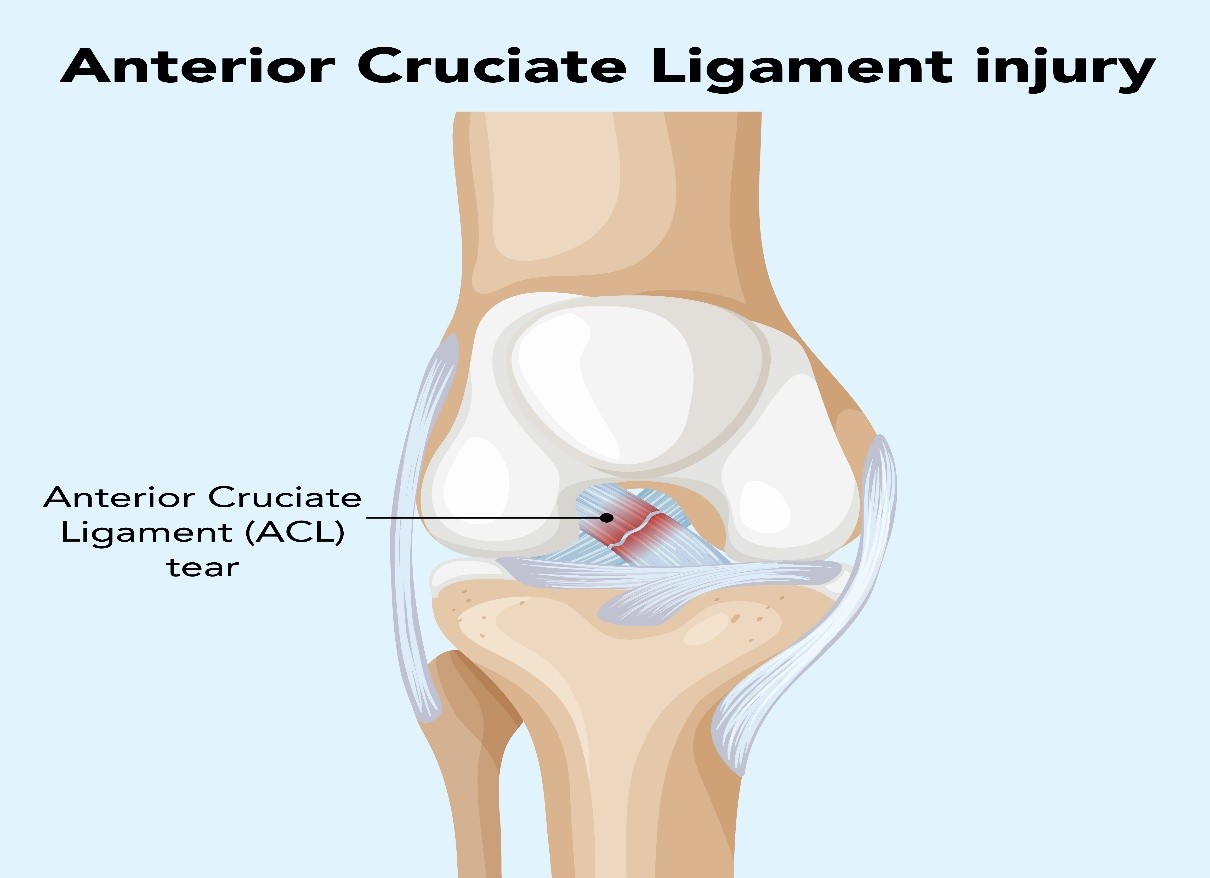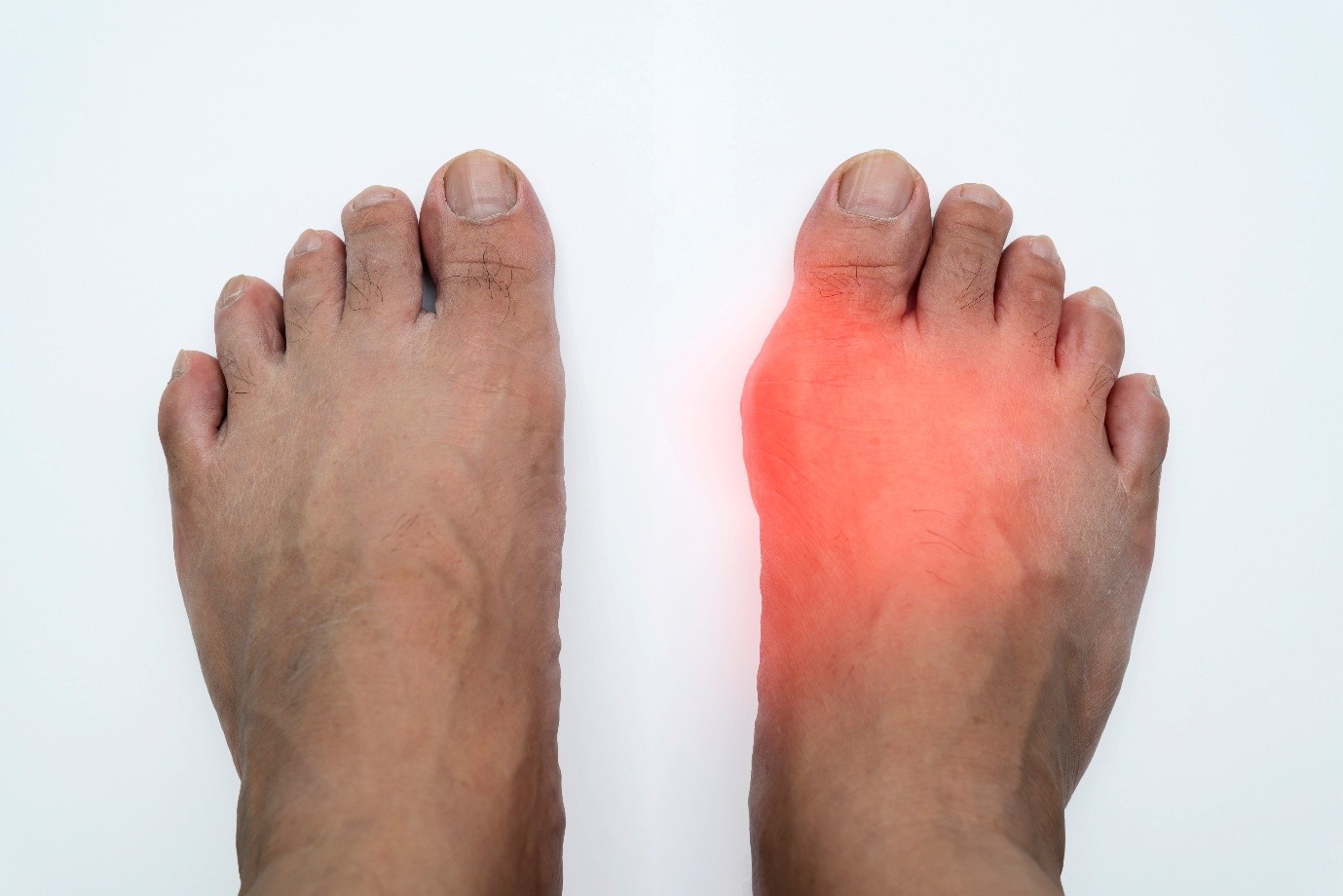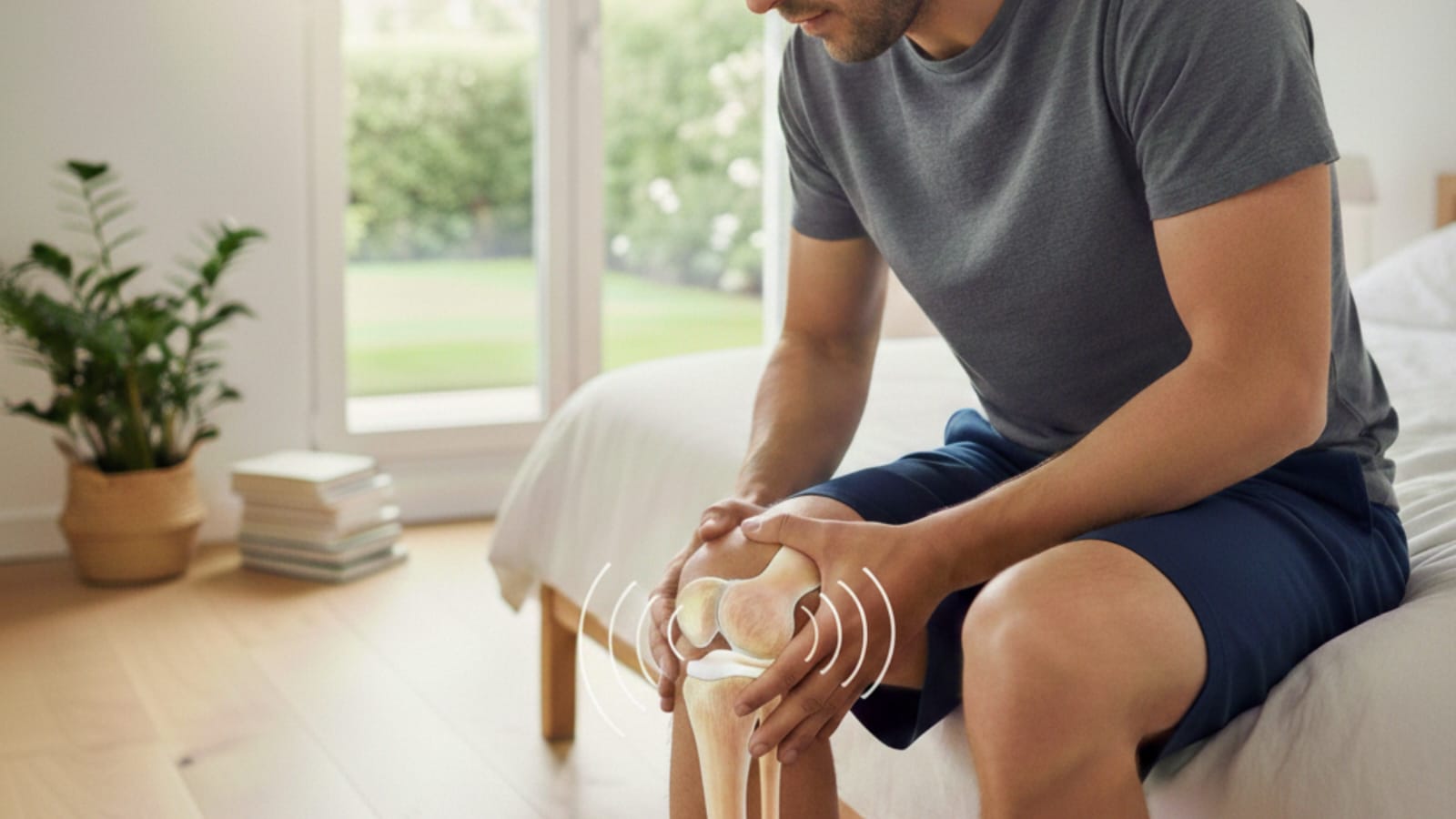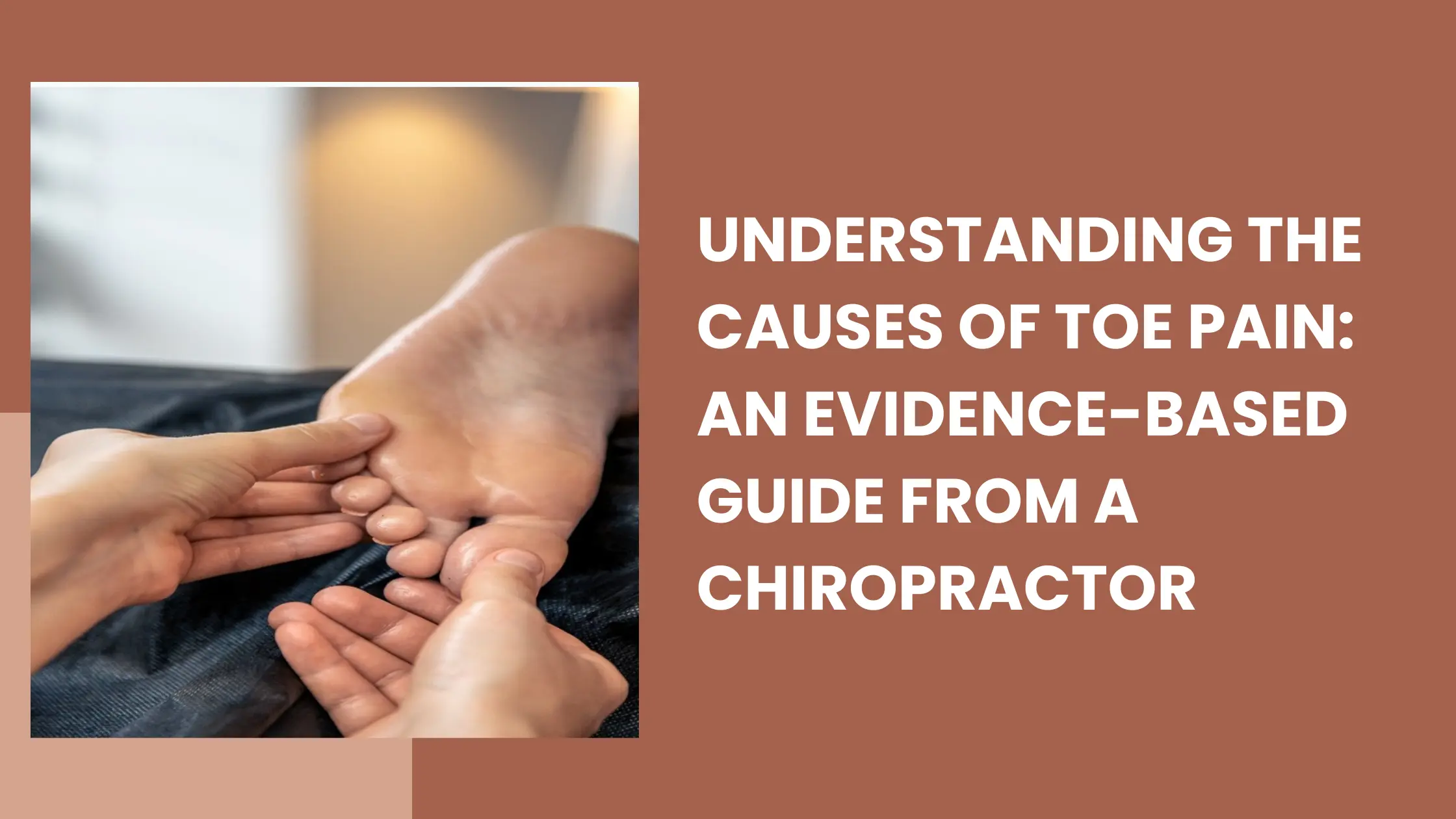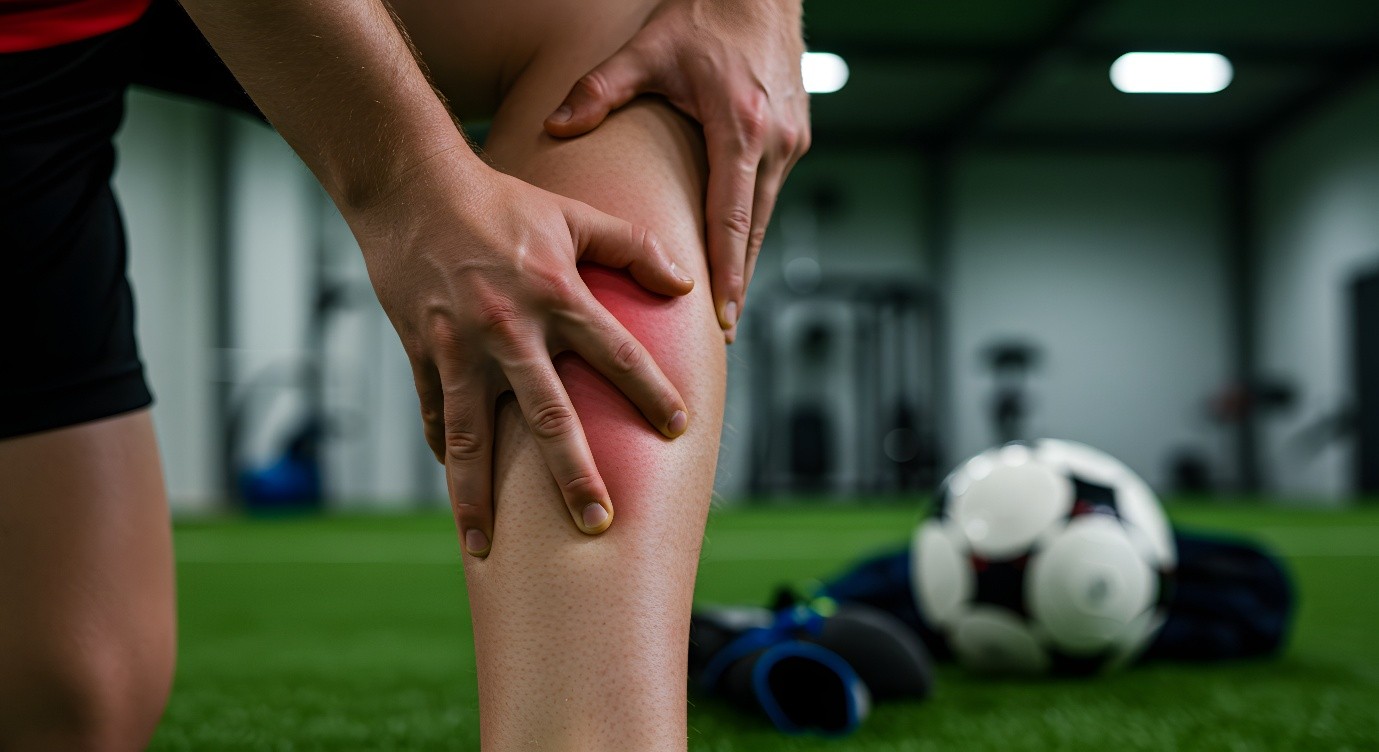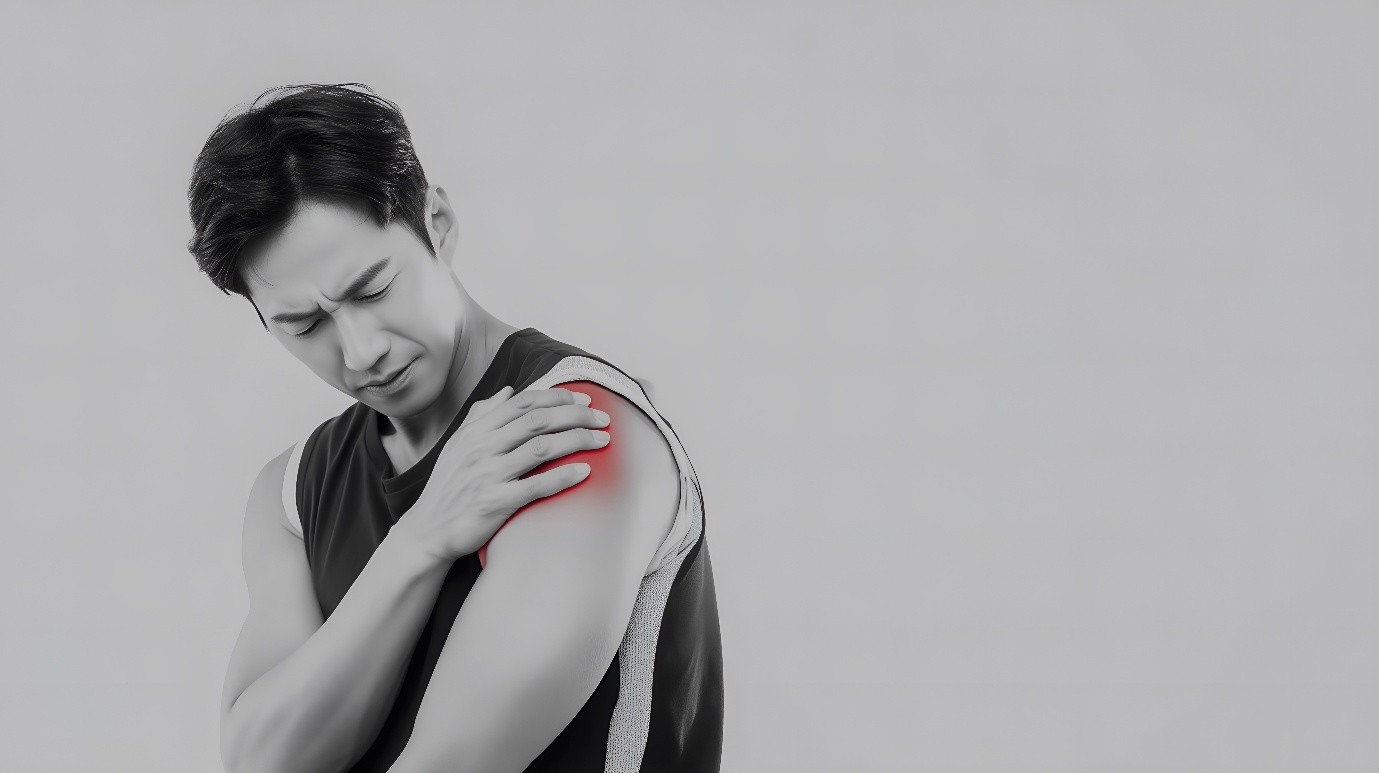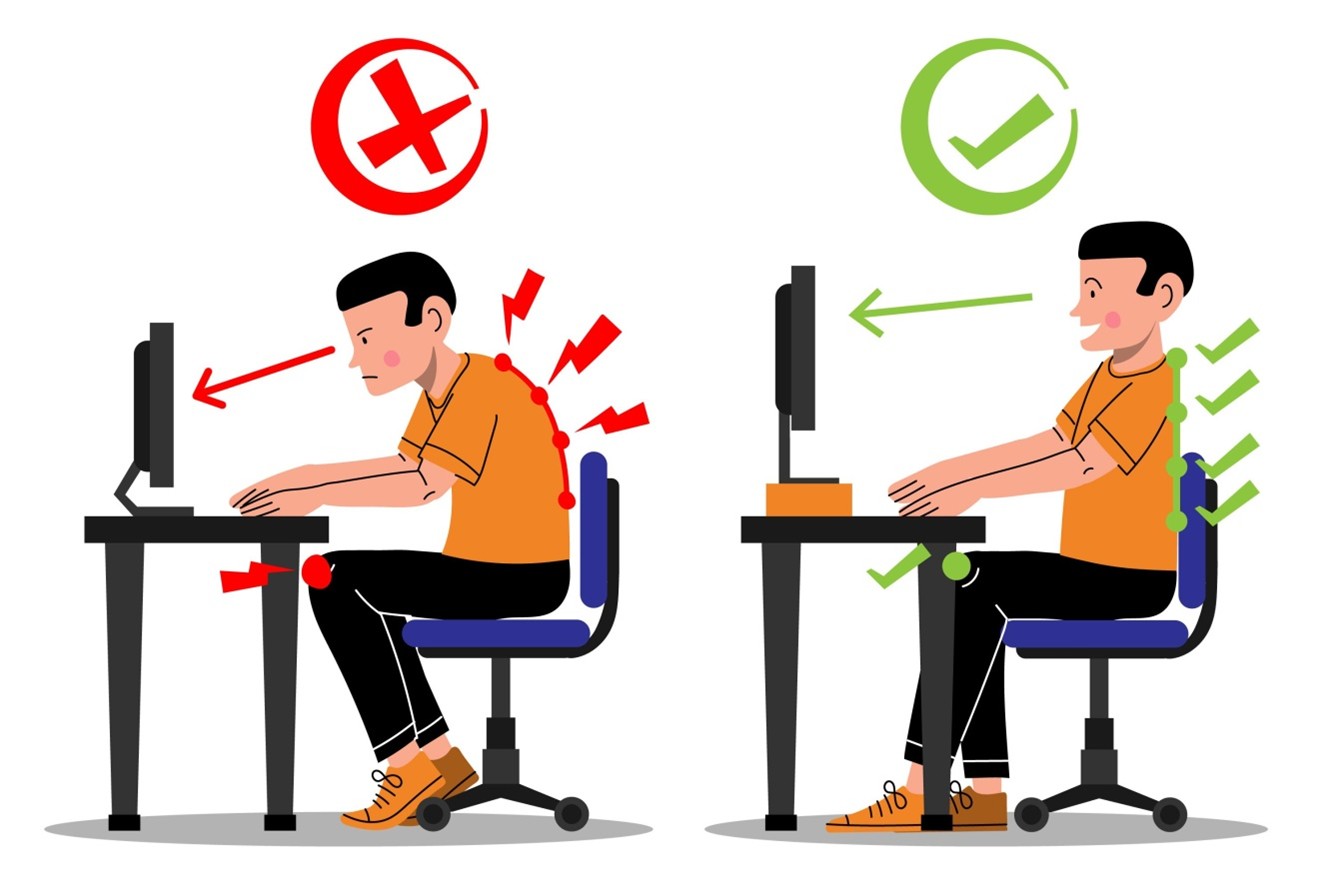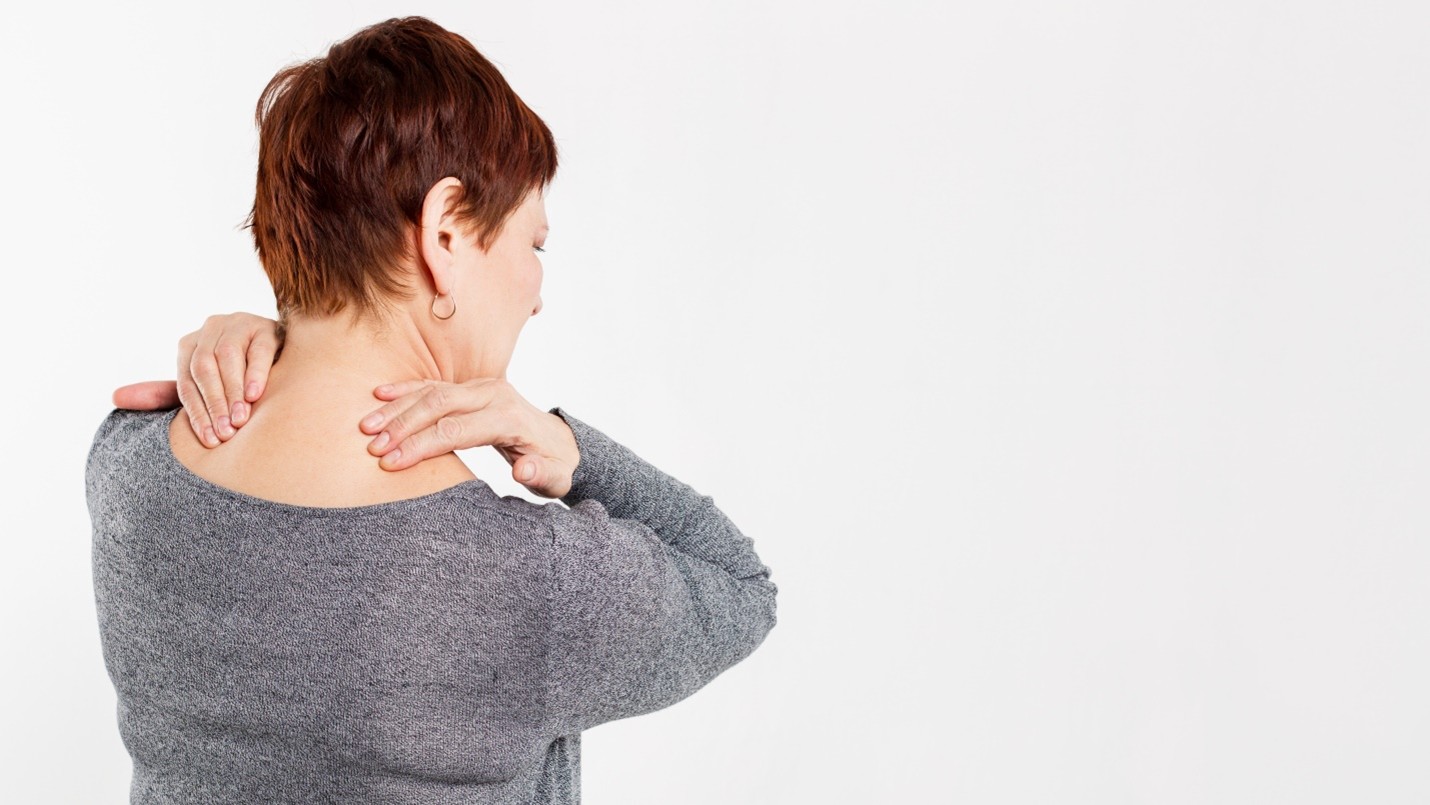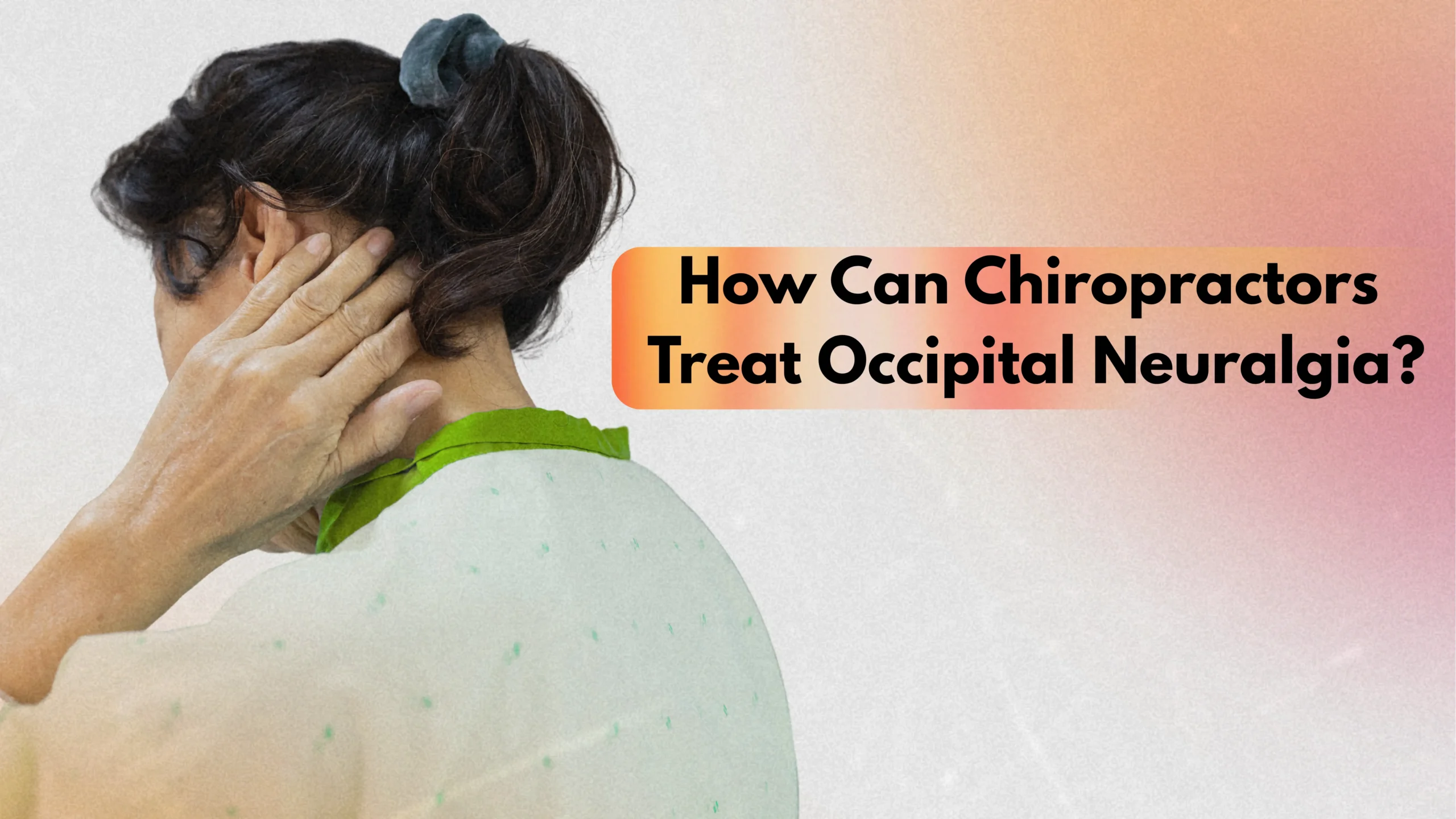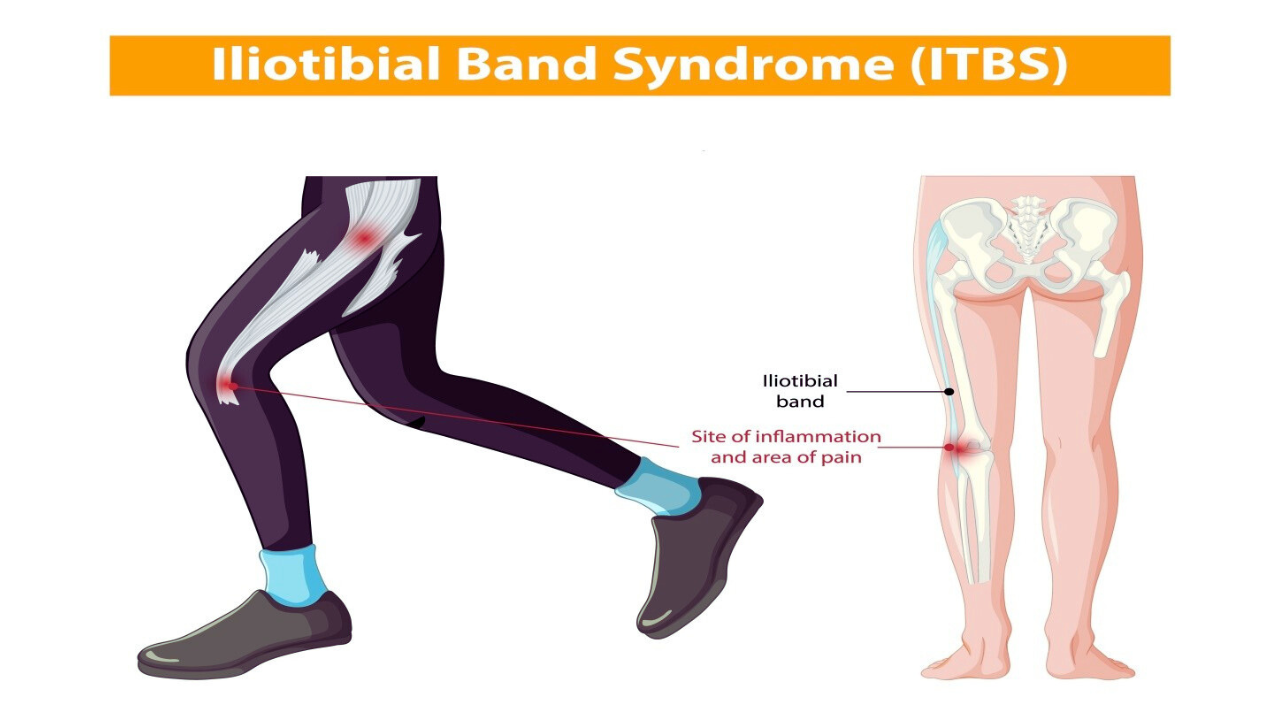Have you recently experienced sudden chest or side pain when twisting, lifting something heavy, or coughing forcefully? If so, you might be experiencing an intercostal muscle strain. These muscles, located between your ribs, stabilize your upper body and assist with breathing. When overstretched or torn, they can cause pain that restricts movement. This blog explains what an intercostal muscle strain is, its common causes, and when to consider chiropractic care.
What is an Intercostal Muscle Strain?
Your intercostal muscles are small muscles running between the ribs. They play a vital role in upper body movement and breathing. A strain occurs when these muscles are overstretched or torn, typically due to:
– Sudden twisting motions (e.g., during sports)
– Improper heavy lifting
– Direct impact to the chest or side (e.g., from a fall)
– Repetitive coughing or sneezing
How to Identify an Intercostal Muscle Strain
Symptoms vary based on severity but commonly include:
- Sharp or aching pain in the chest/rib area
- Pain when taking deep breaths, coughing, or sneezing
- Tightness or spasms around the ribs
- Difficulty twisting or bending the upper body
Important note: it is crucial to not mistaken this condition with a serious illness like cardiac (heart) pain. Sharp, unexplained chest pain warrants immediate medical evaluation to rule out emergencies.
When Should You See a Chiropractor?
Consider chiropractic care if:
– Pain persists beyond a few days
– Symptoms recur frequently
– Movement remains restricted
Chiropractors specialize in the relationship between the spine, joints, and muscles. For intercostal strains, they can help by:
1. Reducing Future Injury Risk
Chiropractors address lifestyle and daily habits, such as posture issues that contribute to strains. At Agape Chiropractic Hong Kong, our team guides you through targeted exercises to strengthen your core and upper body. If you read our previous blog How to Treat Sciatica you probably noticed that beyond passive therapies, chiropractors attribute a great importance to lifestyle advice to help prevent the reoccurrence of injuries.
2. Soft Tissue Therapy
Besides gentle manual techniques, our chiropractors offer a range of adjunctive treatments, including interferential current and ultrasound therapy, to help alleviate muscle pain and inflammation and to speed up the healing.
3. Improving Spinal and Rib Mobility
Manual adjustments help restore normal movement to spinal and rib joints, helping to reduce tension and stress over the intercostal muscles.
Choosing an experienced Hong Kong chiropractor familiar with local lifestyles ensures practical, tailored care for your recovery.
Conclusion
Persistent rib or chest pain shouldn’t be ignored. If you suspect an intercostal muscle strain, you don’t have to manage it alone. At Agape Chiropractic Hong Kong, our evidence-based approach effectively addresses this condition. We understand how limiting this pain can be and are committed to supporting your full recovery.
Other Useful Links:



